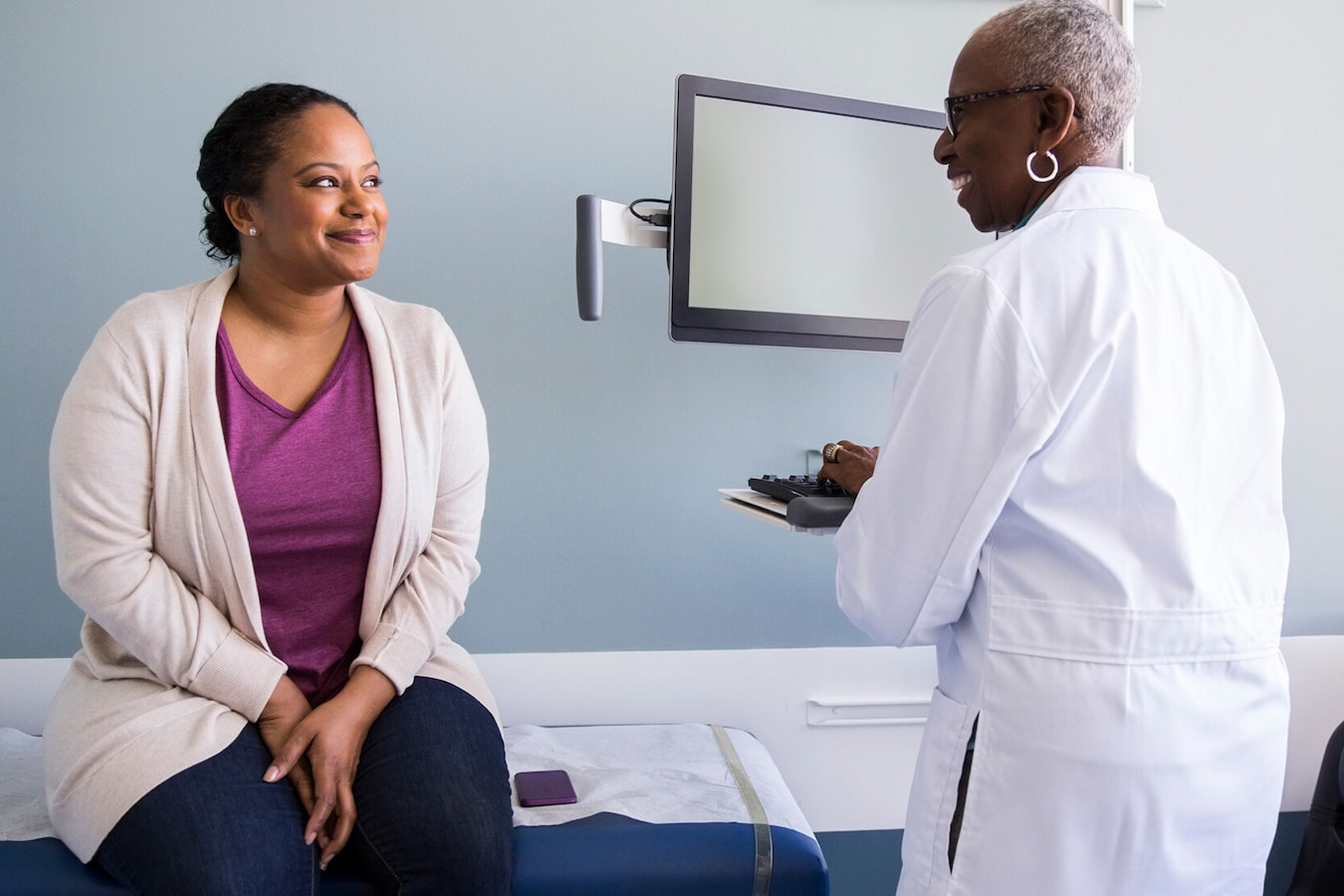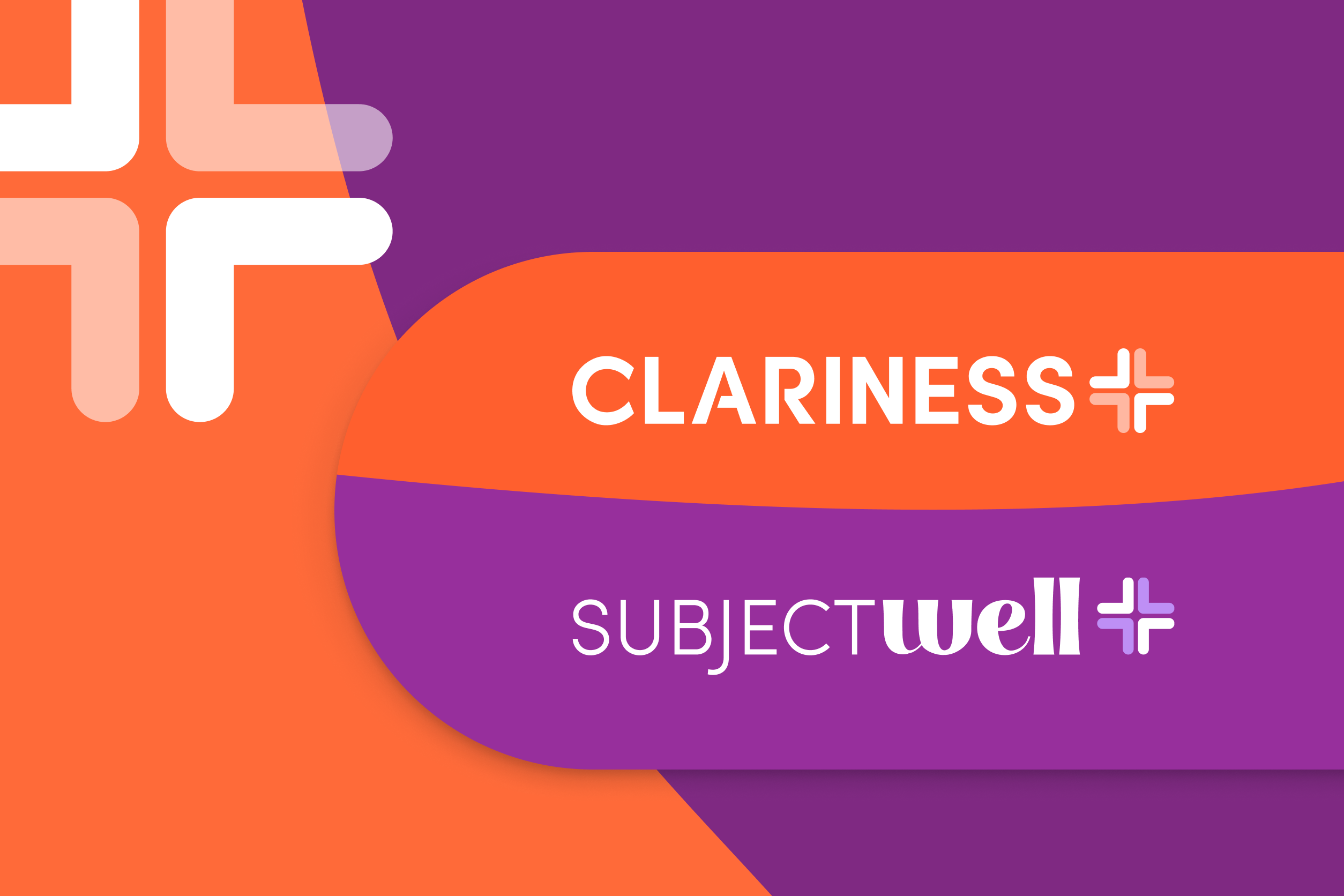GLP-1 medications have dominated headlines for transforming how we treat obesity and diabetes. But as a new Fierce Pharma article, “Big Pharma bets big on MASH,” reports, the next wave of investment is moving quickly toward metabolic dysfunction-associated steatohepatitis (MASH)—a condition with enormous unmet need, limited treatment options, and high potential for GLP-1 efficacy. Many of these programs are now entering Phase 3, particularly within the biotech sector, where smaller innovators are racing to validate GLP-1–based mechanisms and attract partnership or acquisition interest.
For sponsors and CROs, this shift brings both opportunity and complexity. Recruiting and retaining patients with MASH requires an approach that combines early identification, trust-building, and sustained engagement across a long, often burdensome trial journey.
Phase 3 MASH trials introduce an even greater degree of operational complexity that includes longer timelines, multi-national site footprints, and the need to maintain high retention across multi-year endpoints. These are precisely the conditions where patient experience strategies become business critical.
The next big blockbuster arrives with new barriers
As outlined in SubjectWell’s Global GLP-1 Clinical Trial Playbook, MASH is among several emerging indications for GLP-1 therapies—alongside cardiovascular disease, polycystic ovary syndrome (PCOS), Alzheimer’s, and addiction. Unlike obesity trials, where patient motivation often centers on appearance or lifestyle, MASH studies attract individuals who already understand the serious, life-impacting nature of their diagnosis.
Yet many of these patients remain undiagnosed or misdiagnosed, particularly in regions with limited access to advanced imaging and diagnostic tools. Others manage multiple comorbidities such as diabetes or cardiovascular disease, which adds layers of logistical and emotional complexity to participation especially in global, multi-site studies.
Effective MASH trial design must therefore go beyond eligibility criteria to address how patients perceive their disease, what motivates them to participate, and what support they need to stay engaged across countries, languages, and cultures.
Understanding MASH patients means understanding their “why”
Our playbook highlights that MASH patients often enroll because they want to:
- Improve their long-term health and prevent disease progression
- Access cutting-edge treatments not yet available commercially
- Contribute to advancing science and help others facing similar conditions
- Follow a trusted physician’s recommendation when existing therapies fall short
By uncovering these motivators through patient voice research and panel insights, sponsors can craft messaging that builds trust and reinforces purpose—an essential foundation for retention in long, high-burden metabolic studies.
From awareness to enrollment: bridging the diagnostic gap
As pharmaceutical manufacturers accelerate MASH pipelines, the biggest recruitment challenge may not be interest, but identification. Many potential candidates don’t know they have MASH or may confuse it with general liver disease or obesity, especially in countries where access to diagnostic testing is limited.
SubjectWell’s Patient Network of 13 million+ individuals across 600+ indications includes patients with known or suspected metabolic conditions such as obesity, diabetes, and liver disease who have already expressed willingness to participate in research. By combining these profiles with lab and pharmacy data, genomic insights, and trusted community partnerships, we help sponsors find qualified MASH patients earlier and reduce screen-fail rates at both local and global scale.
Supporting patients for the long haul
Even after enrollment, MASH trials demand sustained commitment. Frequent lab visits, nutritional counseling, and side-effect monitoring can create both site and patient burden. This is especially true in distributed, multi-country studies.
SubjectWell’s Patient Companions and Patient Care & Trial Retention services provide clinically trained, multilingual support to guide participants through the full study lifecycle while offering emotional encouragement, practical logistics assistance, and real-time communication that keeps patients connected and engaged.
This high-touch model not only improves retention but also strengthens data quality and consistency across global sites and diverse patient populations.
Meeting patients where they are, in every indication
As Phase 3 MASH studies expand globally, biotech and mid-size sponsors are recognizing the need for scalable, patient-first partners who can balance scientific rigor with human support.
The expansion of GLP-1 therapies into MASH represents a pivotal moment for sponsors, CROs, and patients alike. Success will depend on how well we understand, engage, and support the people behind the protocol.
SubjectWell’s proven approach spans patient identification, empathetic creative, companion support, and retention strategies and ensures that as GLP-1 innovation evolves, the patient experience evolves with it, worldwide.
Learn how SubjectWell helps sponsors accelerate enrollment and retention in complex metabolic trials.






